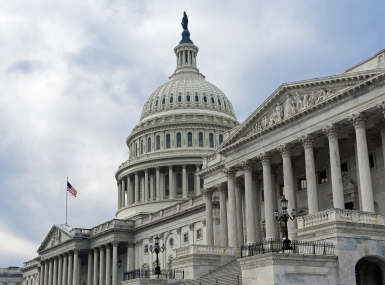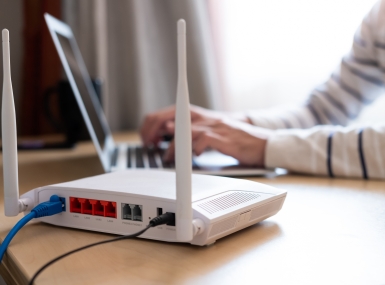Support the Deployment of Next Generation 911 Bill

Author

Seamus Dowdall
Upcoming Events
Related News
Action Needed
Urge your members of Congress to support the Next Generation 9-1-1 Act of 2023 (H.R. 1784) to provide funding for Next Generation 9-1-1 deployment and for other purposes. Introduced by Reps. Anna Eshoo (D-Calif.) and Richard Hudson (R-N.C.) and Sen. Amy Klobuchar (D-Minn.), this legislation would establish Next Generation 9-1-1 Implementation Grants and would vastly improve interoperability with regards to all emergency communication systems. This bill would also establish a Next Generation 9-1-1 cybersecurity center to coordinate with state, local and regional governments to detect and prevent cybersecurity intrusions related to Next Generation 9-1-1. The legislation is currently included in a legislative package to reauthorize the Federal Communications Commission's (FCC) authority to license spectrum services, and NACo supports the Next Generation 9-1-1 language within that package without opposition or a position on other elements of the package legislation, entitled H.R. 3565 or the Spectrum Auction Reauthorization Act of 2023.
Background
Upgrades to our nation's emergency communications systems are urgently needed to move our 9-1-1 call centers and data center technology into the digital age. Most 9-1-1 systems were originally created using analog technology, and a modernization effort is needed to both recognize and improve the work of our emergency personnel in providing critical services to our communities.
The transformation of our nation's emergency communications systems to a digital or Internet Protocol (IP)-based 9-1-1 system, commonly referred to as Next Generation 9-1-1, will improve emergency services delivery in several ways. For example, the implementation of Next Generation 9-1-1 will enhance emergency number services to create a faster, more resilient system that allows voice, photos, videos and text messages to flow seamlessly from the public to the 9-1-1 network.
Implementation of Next Generation 9-1-1 legislation would ensure the following principles are met:
- Ensures interoperability, reliability, resiliency and the use of commonly accepted standards
- Incorporates cybersecurity tools, including intrusion detection and prevention measures
- Enables emergency communications centers to process, analyze, and store multimedia, data, and other information
Key Talking Points
- The time is now to upgrade our nation's emergency communications systems and empower both state and local governments with the tools to update our emergency response networks and improve services to communities.
- Interoperability is the key to the future of our telecommunications and technology infrastructure, and Next Generation 9-1-1 is our first step in ensuring the nation's emergency communications system does not fall behind.
Related News

Congressional leaders introduce new legislation for a national data privacy framework
On April 7, U.S. House Energy and Commerce Committee Chair Cathy McMorris Rodgers (R-Wash.) and U.S. Senate Commerce, Science and Transportation Committee Chair Maria Cantwell (D-Wash.) introduced the American Privacy Rights Act.

DOJ issues final rule for state and local governments to implement web-based accessibility standards
On April 8, the U.S. Department of Justice (DOJ) announced the release of a web accessibility final rule for state and local governments.
